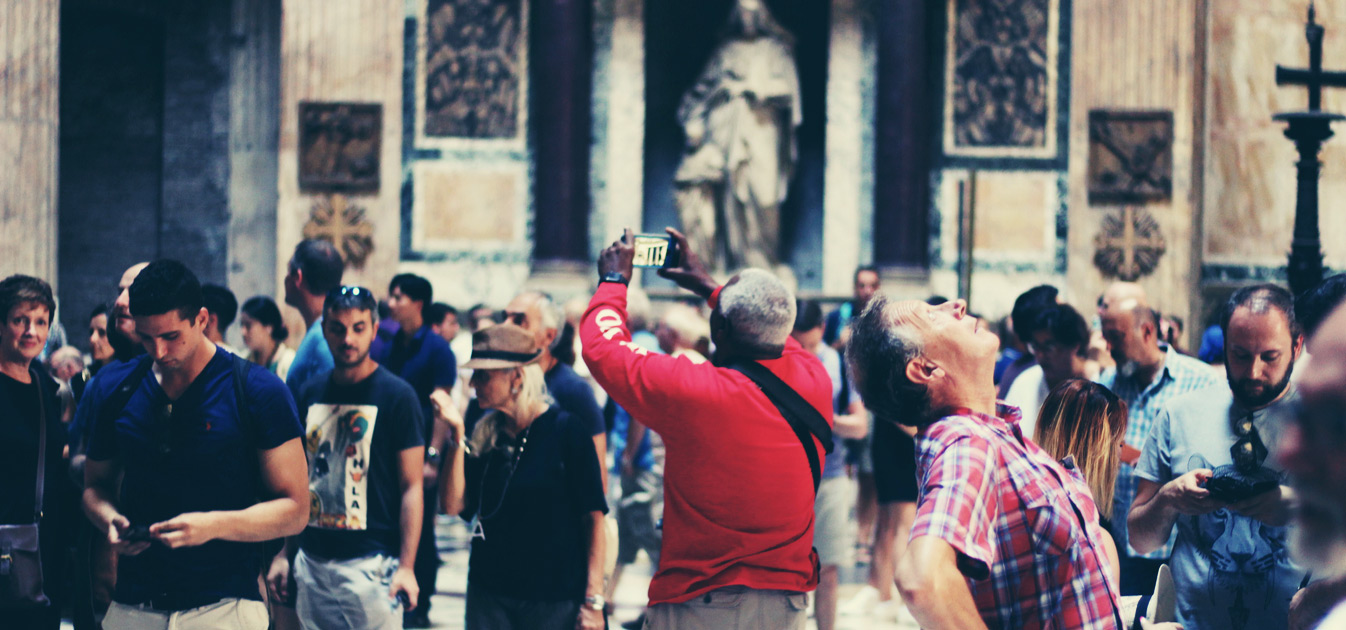Museum audience evaluation [workshop]

With around 700 museums spread throughout the territory, Tuscany is the region with the highest density of museums at national level. Numerous networks and cultural foundations, developed over time, are characterised by very different needs and peculiarities.
Thanks to the Customer Satisfaction Report, drawn up annually by each accredited museum, the perception and awareness of the importance of constant and adequate listening to their audience have become more and more widespread.
There are several audience evaluation strategies and can respond to different need-to-know. The evaluation of their users allows them to identify the greater demands and possible issues related to the museum offer, useful to develop a design of activities and exhibitions that improve the visit experience and are able to transmit knowledge and arouse emotions in the visitor.
After a brief and effective introduction on the tools and the development of a cognitive survey, the workshop’s participants will be guided through a simulation exercise that will lead them to step into the shoes of a visitor, abandoning the museum operator’s point of view.
General objectives
- To fill the gap between theory and practice through concrete simulation exercises on audience analysis and project evaluation.
- To disseminate locally a practical competence able to build audience listening tools, in reference to both general visitors and participants in specific projects.
- To define guidelines that support museums about carrying out activities of audience development.
Specific objectives
- To identify the most suitable tools for various contexts
- To take a divergent perspective from museum’s operators point of view
- To increase awareness of the effects of their actions on the public
- To develop strategies for a homogeneous return at local level
Workshop’s methods of implementation:
Presentation and brief theoretical introduction + Simulation workshop with the mediation of the Cultura REPublic team and possible use of informal training tools such as role play.
Supporting materials:
Educational worksheets to facilitate the participation in group works and workshop unfold; assessment process’ handouts.
Workshop programme’s draft
- 10:00 Presentation
- 10:15 Introduction to research phases and presentation of tools
- 11:00 Group workshop on audience segmentation
- 12:00 Group workshop on cognitive objectives’ definition process
- 13:00 – 14:30 Lunch break
- 14:30 Group workshop on the development of analysis tools
- 16:00 Return and final reflections
Donazioni
Come tutte le associazioni, ci finanziamo grazie a chi crede in noi, nella nostra professionalità e affidabilità.
Accettiamo libere erogazioni